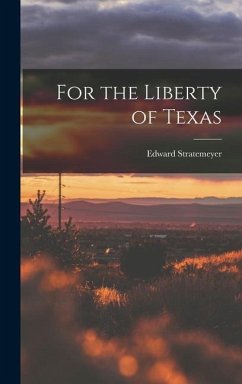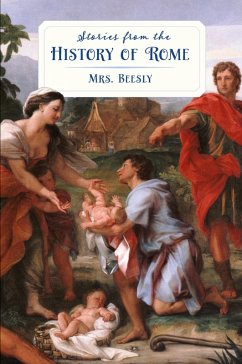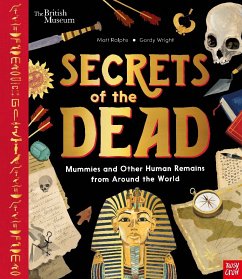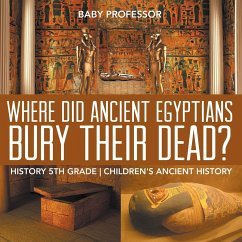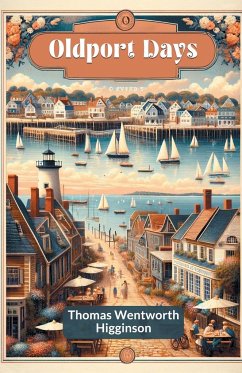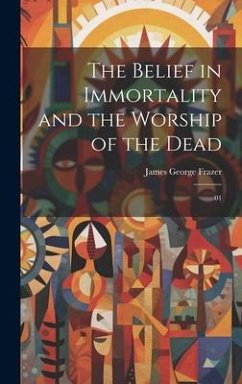
Dead Man'S Plack And An Old Thorn
Versandkostenfrei!
Versandfertig in 1-2 Wochen
19,99 €
inkl. MwSt.
Weitere Ausgaben:

PAYBACK Punkte
0 °P sammeln!
"Dead Man's Plack and an Old Thorn" by way of W. H. Hudson is a timeless collection of essays that takes readers on a contemplative adventure via the English countryside. W. H. Hudson, a renowned naturalist and author, showcases his deep connection to nature and the landscapes which have stimulated him. The titular essay, "Dead Man's Plack," displays on a mysterious memorial stone and the history it conceals. Hudson weaves collectively factors of nearby folklore, historic occasions, and his observations of the natural global, growing a rich tapestry that invites readers to explore the layers o...
"Dead Man's Plack and an Old Thorn" by way of W. H. Hudson is a timeless collection of essays that takes readers on a contemplative adventure via the English countryside. W. H. Hudson, a renowned naturalist and author, showcases his deep connection to nature and the landscapes which have stimulated him. The titular essay, "Dead Man's Plack," displays on a mysterious memorial stone and the history it conceals. Hudson weaves collectively factors of nearby folklore, historic occasions, and his observations of the natural global, growing a rich tapestry that invites readers to explore the layers of importance embedded within the landscape. In "An Old Thorn," Hudson turns his attention to a venerable tree, exploring its importance as a living witness to the passage of time. Through vivid descriptions and thoughtful reflections, he imparts a sense of the tree's enduring presence and its position inside the ecological and cultural material of the countryside. Hudson's prose is characterized by its lyrical splendor and eager powers of remark. Each essay within the collection serves as a meditative exploration of the intersection between nature, history, and the human spirit.





